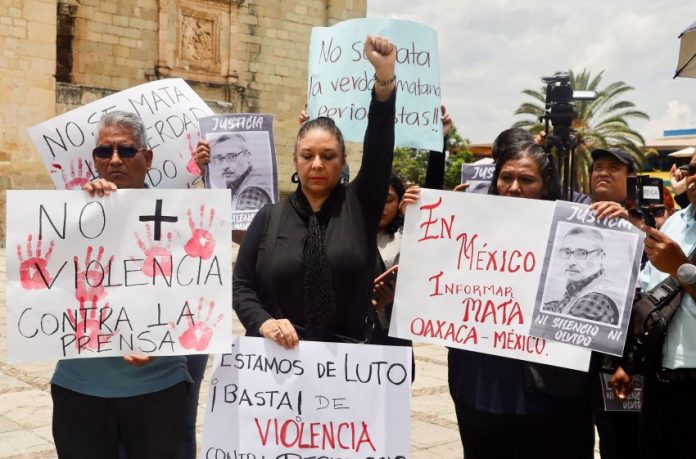An act of aggression against Mexican media workers and organizations was committed every 16 hours on average during the first half of 2023, according to press freedom advocacy organization Article 19.
Physical attacks, threats and murder are among the forms of violence documented by the Mexican branch of the international non-governmental organization in a report entitled “Violencia contra la prensa: entre ataques, estigmatización y ausencia del estado” (Violence against the Press: between Attacks, Stigmatization and Absence of the State).
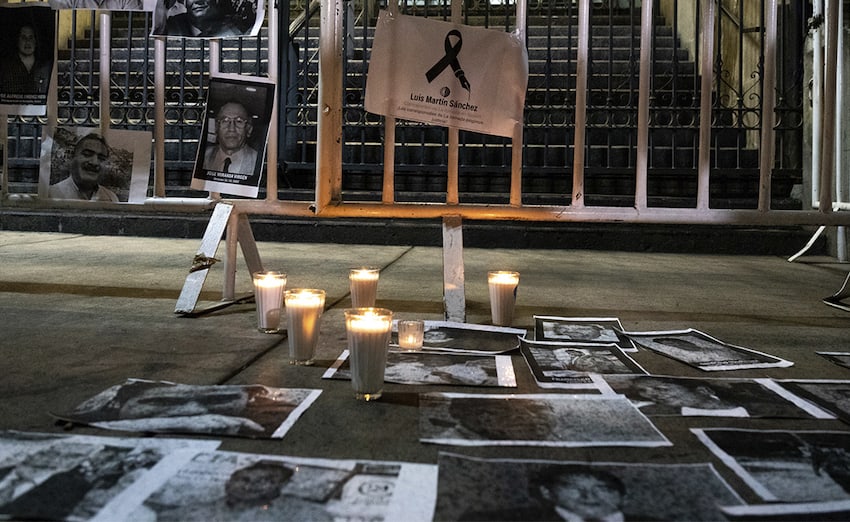
Some of the acts of aggression documented by Article 19 are crimes, while others are not. Let’s take a look at the report’s key findings.
The press suffered 272 acts of aggression between January and June
The most common form of aggression was “intimidation and harassment” with 68 documented cases, or 25% of the total. Ranking second was “illegitimate use of public power” against the press with 61 cases, while “threats” ranked third with 49 cases.
Among the other acts of aggression documented by Article 19 were physical attacks (15 cases); kidnapping (8 cases); torture or cruel, inhumane and degrading treatment (3 cases); and murder (1 case).
Of the 272 victims, 148 were men, 84 were women and 40 were media organizations.
Article 19 noted that an additional two journalists were murdered in July and a photojournalist disappeared the same month. It said that 161 journalists have been murdered since 2000, including 41 during the current federal administration.
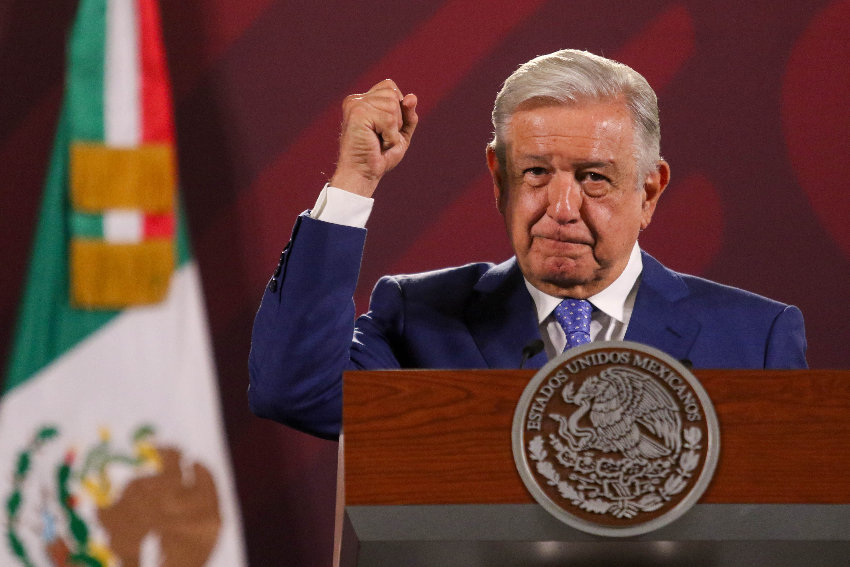
The state is the main perpetrator of hostile acts against the press
Just over half of the 272 acts of aggression against media workers and organizations – 140, or 51% of the total – were committed by government authorities. Public officials perpetrated 102 of those acts, civilian security forces committed 34 and the armed forces committed four.
State government officials committed the highest number of acts of aggression against the press – mainly “illegitimate use of public power” and “intimidation and harassment” – followed by federal officials and municipal officials.
Private citizens made up the second largest group of perpetrators of crimes against the press. Article 19 also documented acts of aggression committed by organized crime groups and political parties.
Journalists covering corruption and politics are most at risk
Just over half of the 272 acts of aggression – 137 – were committed against media workers who report on corruption and politics.
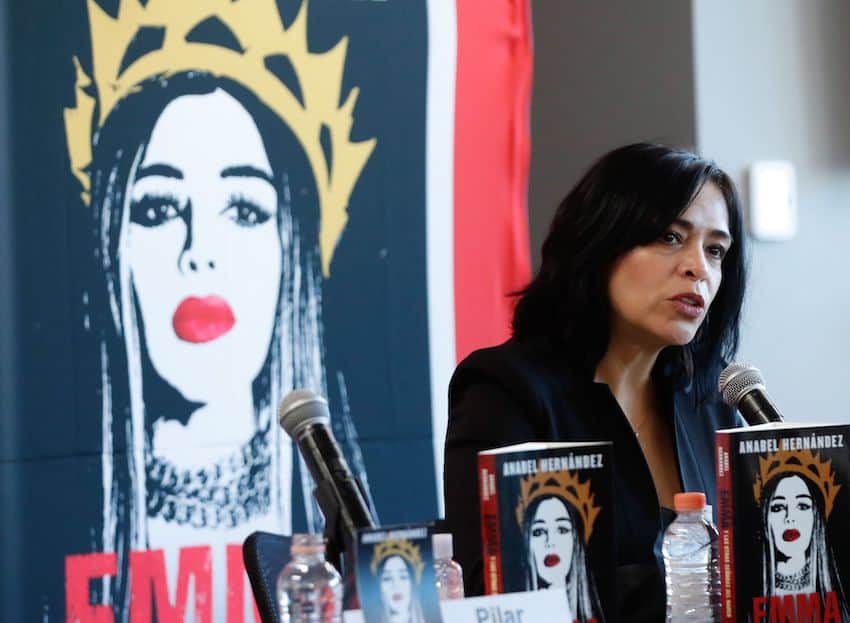
“This fact highlights once again the potential role of authorities in violence against the press,” Article 19 said in its report.
There were 67 documented offenses against journalists who cover security and justice; 29 against those who report on protests or social movements; and 26 against reporters who cover human rights issues.
Mexico City is the epicenter of violence against the media
Almost one-quarter of the documented acts of aggression – 65 cases or 23.9% of the total – were committed in the capital. Quintana Roo, which includes the resort cities of Cancún and Playa del Carmen, ranked second with 21 cases followed by Guanajuato (Mexico’s most violent state in terms of homicides) with 19 cases. Puebla and Coahuila were close behind with 18 and 17 cases, respectively.
On a positive note, there wasn’t a single documented case of aggression against the press in seven states: Hidalgo, Chihuahua, Querétaro, Zacatecas, Aguascalientes, Nayarit and Tabasco.
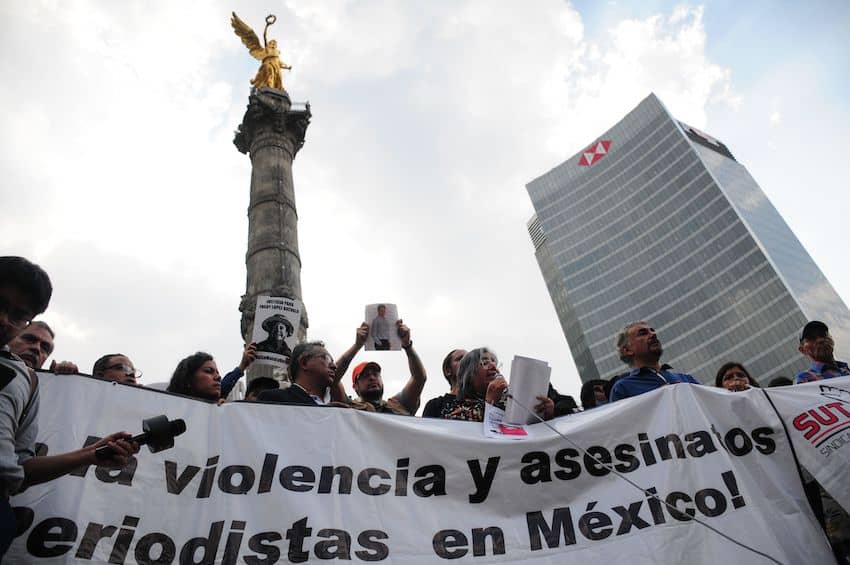
A lot of aggression against the press emanates from AMLO’s mañaneras
Of the 65 acts of aggression in Mexico City in the first half of the year, “over half, 42, came from … the morning press conferences of the federal executive,” Article 19 said.
“Of these, 39 were against media outlets located in Mexico City, mainly national media outlets like Reforma, Carmen Aristegui Noticias, the Proceso magazine … among others. In … the morning press conferences, the federal executive power … described the press in a negative way on 114 occasions, of which 42 were classified as acts of direct aggression,” the organization said.
Article 19 noted that not all of those remarks “correspond to an act of aggression documented and classified in this report.”
The organization said in 2019 that López Obrador’s “stigmatizing discourse” against the media “has a direct impact in terms of the … risk it can generate for the work of the press because [his remarks] permeate in the discourse of the rest of society and can even generate attacks.”
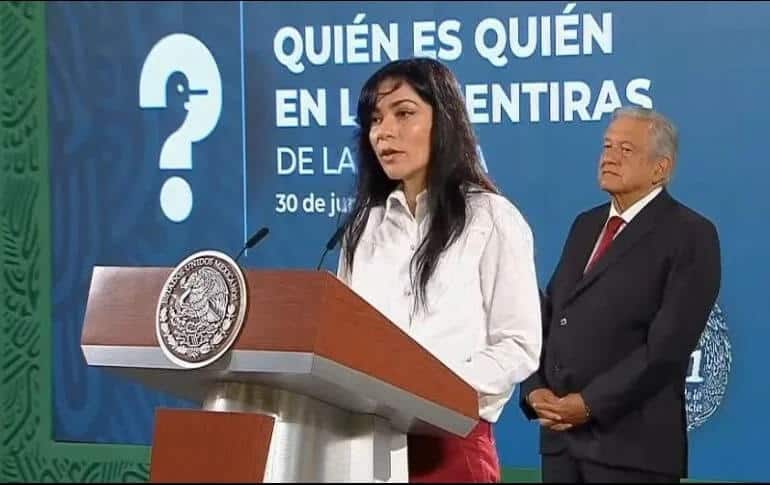
As the statistics above indicate, the president frequently makes verbal attacks on the press. He accuses the vast majority of media outlets of “manipulating” information rather than reporting the truth.
The Inter-American Commission on Human Rights has repeatedly urged the federal government to terminate its weekly fake news exposé sessions – called “Who’s Who in the Lies of the Week – while politicians here and abroad have denounced the president for his open disdain of some journalists and sections of the media.
Almost 3,000 acts of violence against the press since AMLO took office
Article 19 documented 2,941 “cases of violence against the press during the mandate of President Andrés Manuel López Obrador,” who was sworn in on Dec. 1, 2018.
During the first six months of former president Enrique Peña Nieto’s second last year in office, there were 276 acts of aggression against the press – four more than in the first half of this year. In the first half of 2011 when Felipe Calderón was in the fifth year of his presidency, Article 19 documented 91 cases.
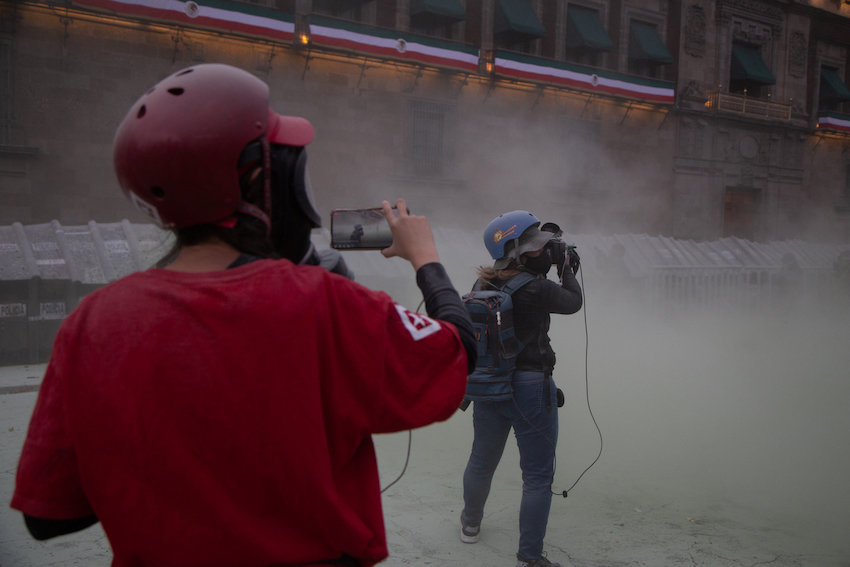
What should the authorities do?
In the final pages of its report, Article 19 made numerous recommendations to authorities to address “the context of violence that persists against journalists and media organizations.”
It advised federal, state and municipal governments to “create and implement comprehensive public policies” that prevent violence against the press and protect media workers.
Article 19 also called on authorities to adopt “a narrative that recognizes the importance of the work of journalists and media outlets within a democratic context, and to abstain from making stigmatizing, criminalizing and disqualifying statements against them.”
Among other recommendations, the NGO advised legislatures to “legislate in favor of journalistic work and freedom of information” and urged the Federal Attorney General’s Office to take steps to ensure that investigations into crimes committed against the press are “effective, exhaustive and diligent.”
Mexico News Daily
